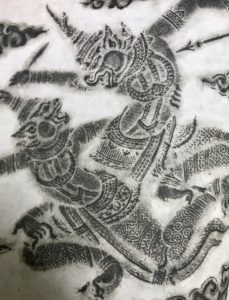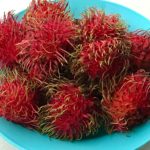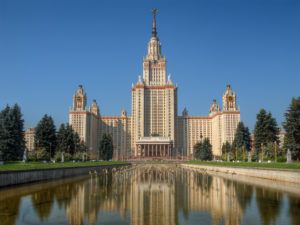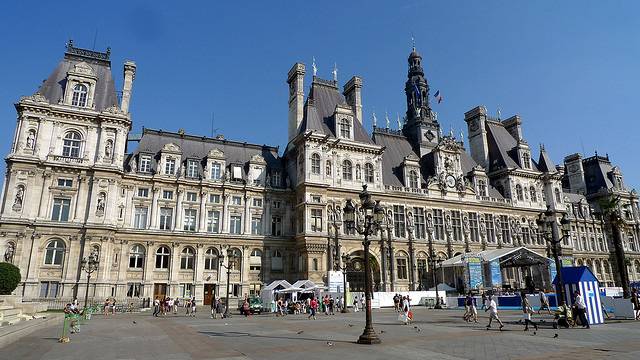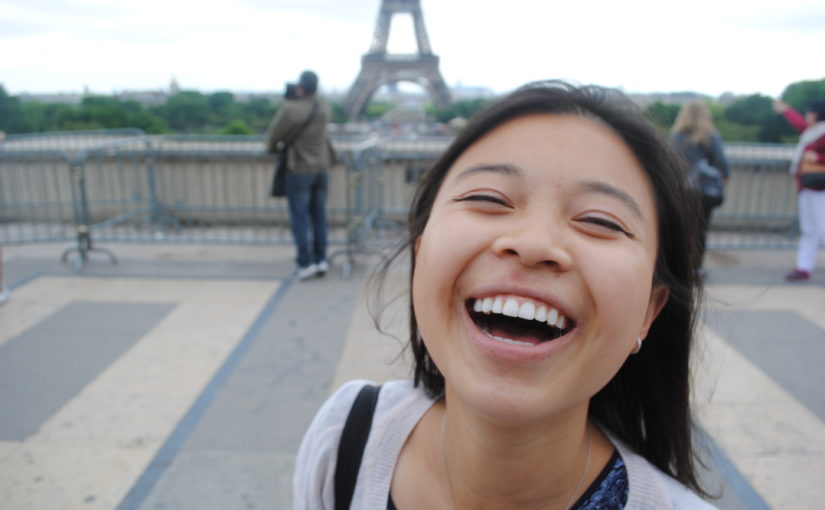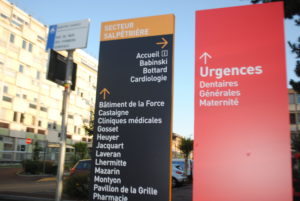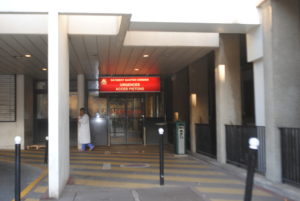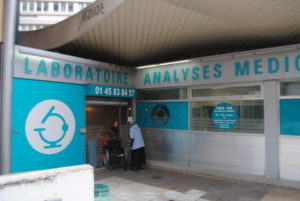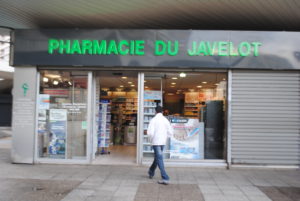Growing up in China, I struggled with what attitude I should hold whenever Japan is mentioned. To many Chinese people, Japan is a constant reminder of humiliation and sorrow due to its encroachment on China’s land and lives in contemporary history. Today, it remains as an immense threat, a neighbor that is unfriendly, yet well-respected internationally. My dad is a fan of Japanese literature and takes an unconventional stance on Japan, and thus the contradictory and opposing comments on Japan confused yet mesmerized me.
I started taking Japanese my second year of college, with no definite purpose in mind. Part of it has to do with that confusion. Hearing about Japan would never render me a holistic picture of it, and even if nobody might ever know Japan fully, I hoped to discover it on my own
Thus learning the language serves the goal. I could only observe Japan from a distance if I have no background in Japanese, but with a proficiency in Japanese, I could not only get to know the English speakers I encounter on the trip, but also people from all different social economic backgrounds. As someone who believes that “the place nurtures its own people,” I could not wait to find out what Japanese are like, and how Japan shapes them into different people from, let’s say, Chinese people and Americans.
The moment I arrived in Japan, I fell in love with it. From just looking around, I could tell that this is a place characterized by order and neatness. All the service providers greeted me with sincere smiles, and used the polite expressions to show respect. The bus I took to the hotel was clean with dustless windows, and despite carrying a full car of people, it was absolutely quiet.
The more I get to see about Japan, the more appreciation I have for it. The first night my friends and I explored the city of Kanazawa, we spotted neither trash nor trash can on the street. Later, we learned that in order to realize the goal of optimizing recycling, in Japan, people either throw the trash at the categorized trash cans convenient stores, or keep it at their own home, and throw it out later, normally at the day that collects a specific kind of trash.
The self-discipline that Japanese people have simply impressed me. At least I experienced difficulties with this recycling system at first, and have naturally grown respect for those who fastidiously follow it. But trashing is not the only thing that demonstrates the self-discipline and attentiveness of Japanese people, there are more to name. Japan is somewhere where restaurants can be quiet enough for studying, where people can walk on the street at 2 am in the morning without fear of robbery or crimes, and where people dress nicely in shirts and dresses. Most importantly, this is a place where I never feel ashamed of my unsatisfying Japanese, because all people do is to praise my Japanese skills and encourage me to work harder.
With all these observations, I have to say that Japan humbles me and makes me more aware of the strengths that others have. Often times, countries like USA and China pop up in my mind when I was asked to name countries of great national merits, but what exactly is national merit? At least in Japan, I constantly marvel at the neatness and order, and wish these are not characters exclusively found in Japan.
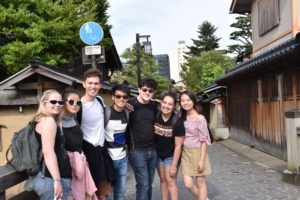 (exploring Kanazawa with friends)
(exploring Kanazawa with friends)


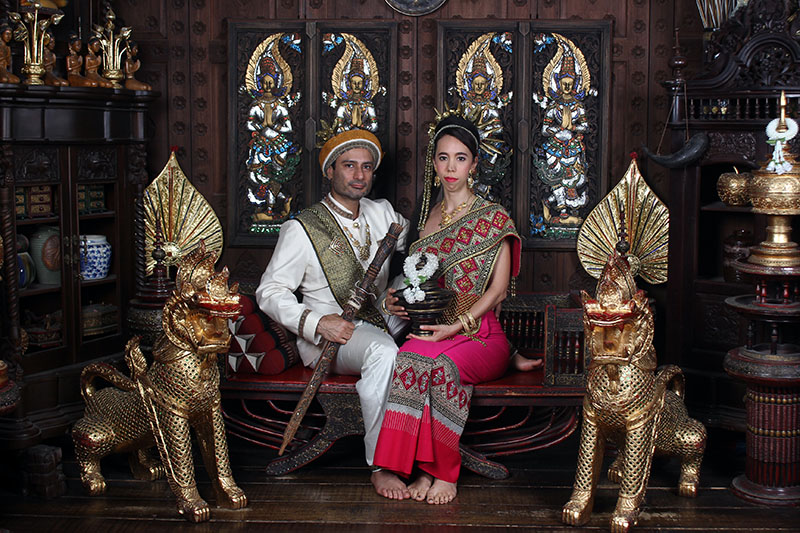
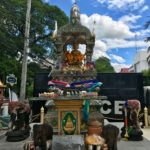
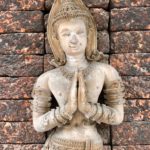
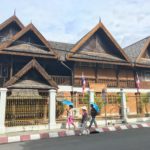
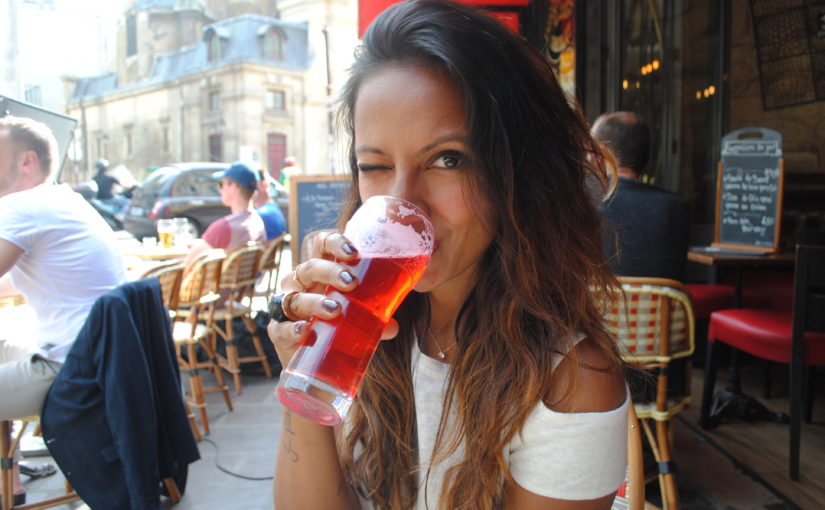
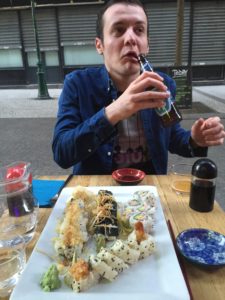 The word “baguette” describes a carbohydrate, the wizarding world’s no. 2 pencil, and the contents of my family’s utensil drawer. This is the culture of French cuisine perfectly manifested in the language. I recounted my revelation to my French friends, but it seems I’m the only one who finds this hilarious.
The word “baguette” describes a carbohydrate, the wizarding world’s no. 2 pencil, and the contents of my family’s utensil drawer. This is the culture of French cuisine perfectly manifested in the language. I recounted my revelation to my French friends, but it seems I’m the only one who finds this hilarious.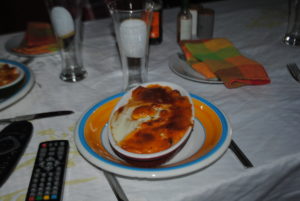
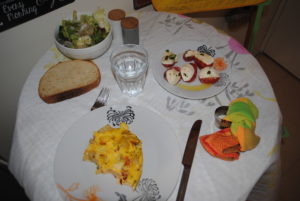
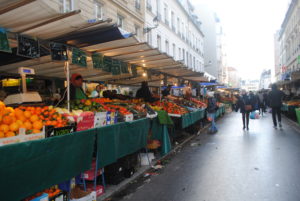 market, each with its own character and charm. I love browsing through the colorful selection of produce, exotic meats (duck and rabbit?), fresh seafood, bread, and cheese. There are over 300 types of cheese that originate in France. Depending on the market, you may also find prepared dishes, used books, clothing, and plants.
market, each with its own character and charm. I love browsing through the colorful selection of produce, exotic meats (duck and rabbit?), fresh seafood, bread, and cheese. There are over 300 types of cheese that originate in France. Depending on the market, you may also find prepared dishes, used books, clothing, and plants.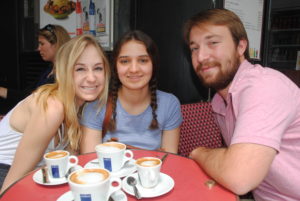
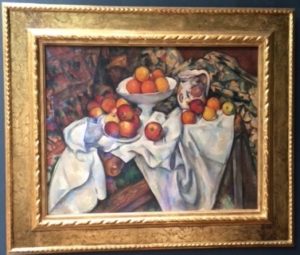
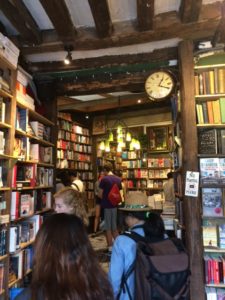
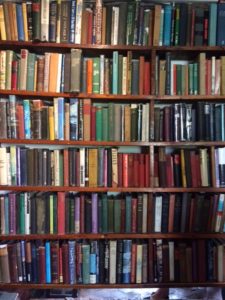
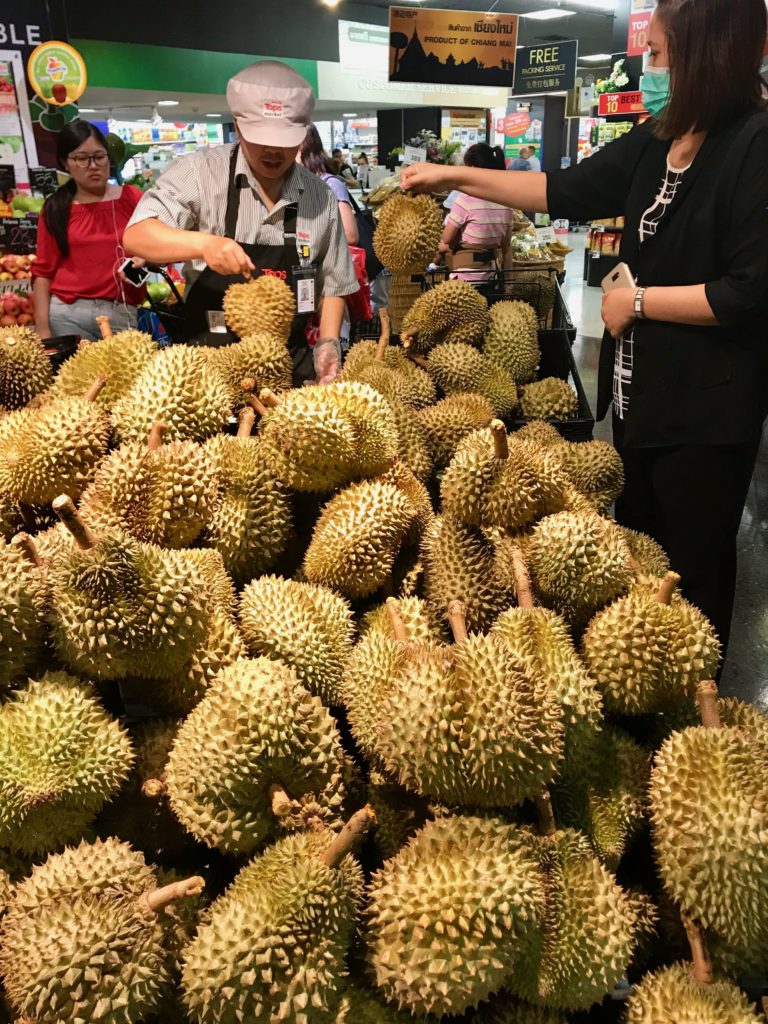 The foul-smelling King of Fruits,
The foul-smelling King of Fruits,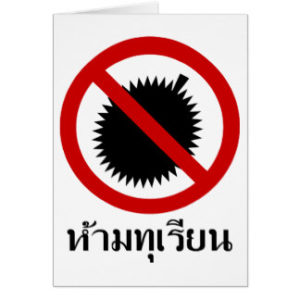 Finding the perfect (or not-so-perfect) durian can mean love or disgust for this fruit – am I am on the prowl!
Finding the perfect (or not-so-perfect) durian can mean love or disgust for this fruit – am I am on the prowl!